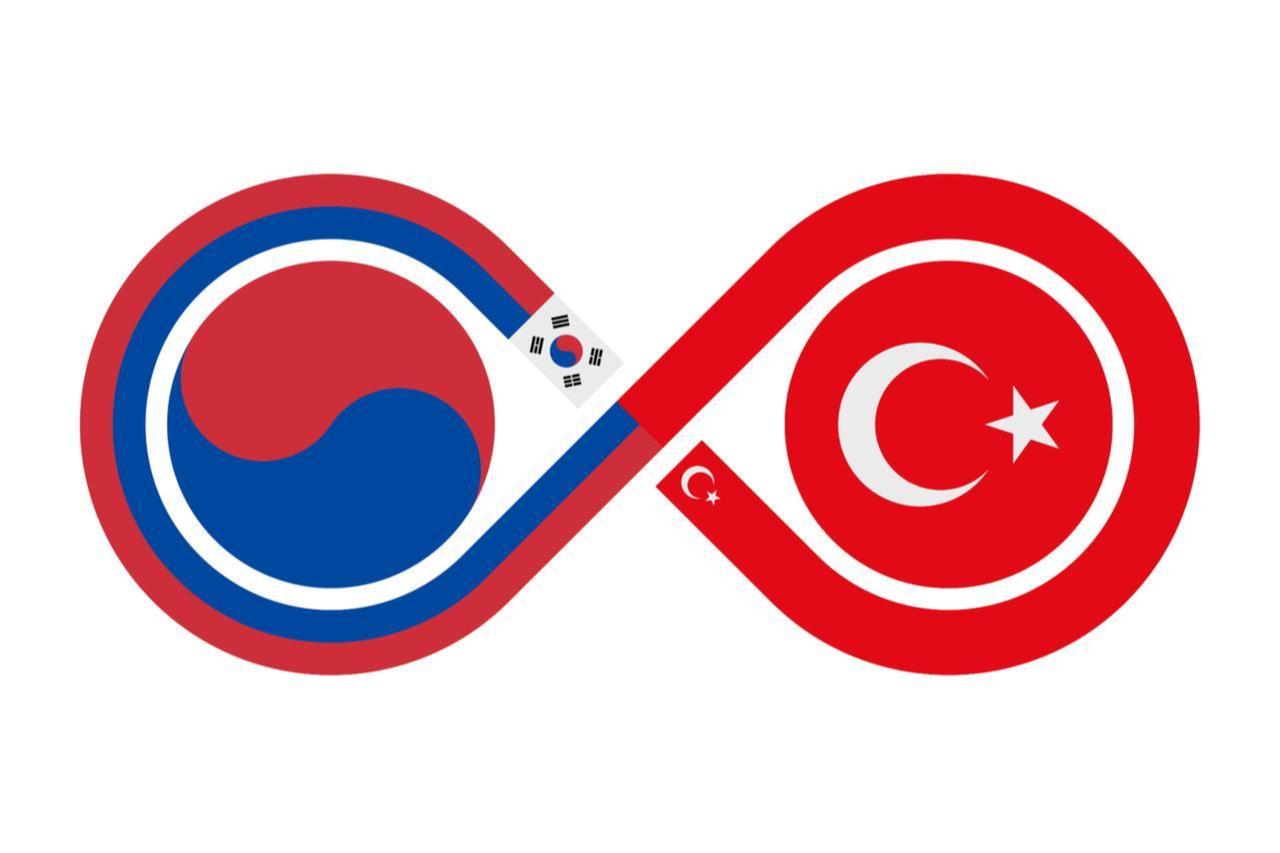
Interest in acquiring Turkish and other strategic foreign languages has grown significantly in South Korea in recent years, driven by a combination of global career ambitions, cultural curiosity and evolving educational priorities. Official data shows that the number of South Koreans enrolling in programs to study such languages has increased more than 10-fold over the past five years, The Korea Times reported.
To respond to growing public demand, the Ministry of Education’s National Institute for International Education launched the “Learn a Strategic Foreign Language” initiative in 2020.
The program was designed to enhance linguistic diversity and prepare South Koreans for roles in an increasingly globalized environment by offering free courses in underrepresented languages considered strategically valuable for the country’s future.
Since the program’s introduction, participation has surged. In its first year, only 627 students registered for strategic language courses. By 2025, this figure had risen to over 6,300. The curriculum now includes languages such as Turkish, Persian, and Ukrainian—reflecting a shift in focus from widely taught global languages to those with growing geopolitical and economic importance.
The increasing popularity of the Turkish language is closely linked to the deep historical relationship between Türkiye and South Korea. The foundations of this bilateral bond were laid during the Korean War (1950–1953), when Türkiye contributed more than 21,000 troops, making it the fourth-largest military contingent among United Nations forces.
Approximately 900 Turkish soldiers were killed or went missing during the conflict, and the U.N. Memorial Cemetery in Busan remains the final resting place of 462 Turkish servicemen.
This historical alliance continues to shape contemporary relations between the two nations. Diplomatic cooperation has broadened beyond military and historical ties to encompass trade, investment, cultural exchange, defense collaboration and joint initiatives in areas such as renewable energy and nuclear technology.
In July 2025, following his election in a June snap vote, South Korean President Lee Jae Myung highlighted the continued development of bilateral ties with Türkiye, reaffirming the enduring historic bond established during the Korean War. The two nations have since expanded cooperation in trade, investment, defense, cultural exchange, and energy initiatives.